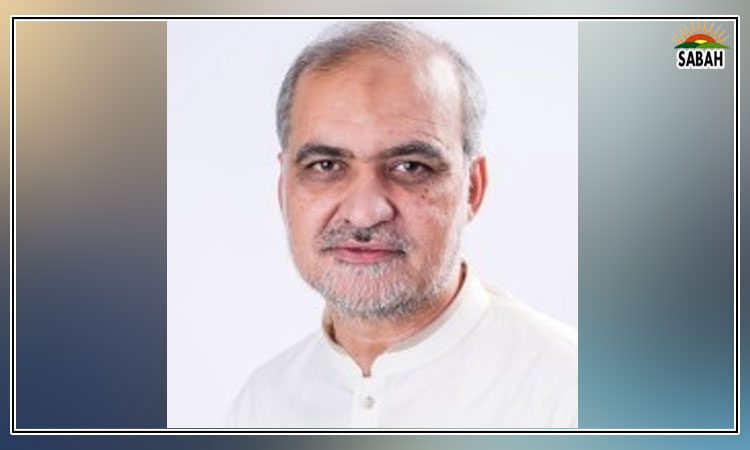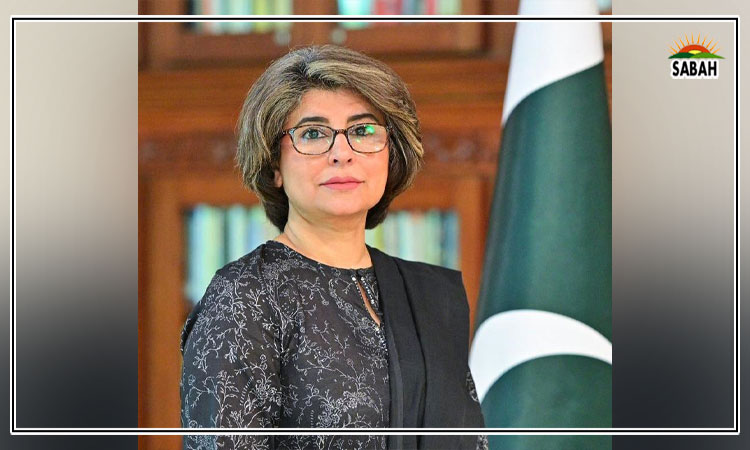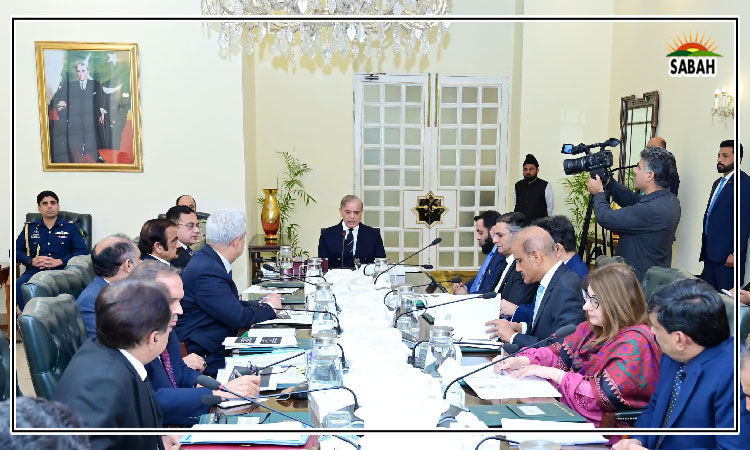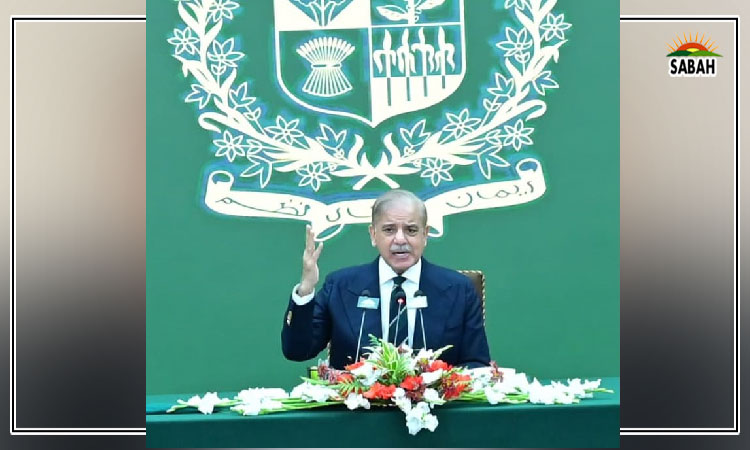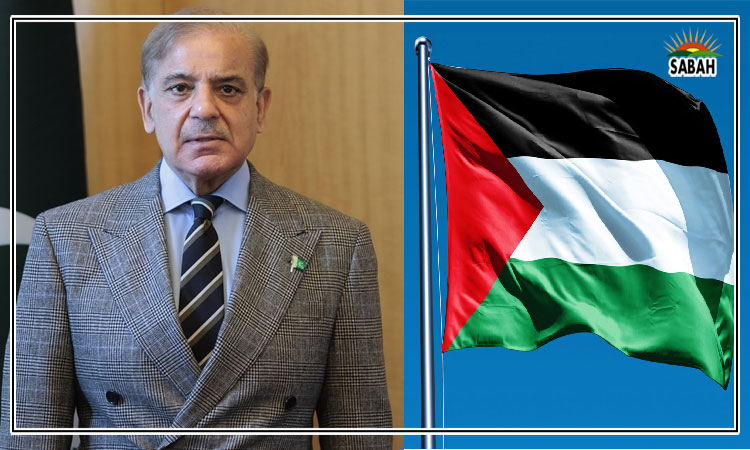Afghan refugees & international law…Ahmer Bilal Soofi
AFGHAN refugees came to Pakistan more than four decades ago and since then Pakistan has played the role of an admirable host in every possible way.
However, before further continuing down the same path, it would be worthwhile for us to examine whether the Afghans presently in Pakistan are justifiably entitled to the protection accorded to refugees under international law. The answer to this question is directly related to Pakistans obligations to millions of Afghan refugees.
The 1951 convention relating to the status of refugees, along with its 1967 protocol is the main document under international law that states the rights and duties of refugees and lays down the internationally recognised definition of the term refugee.
Pakistan has not ratified the convention; however, certain parts of the convention accord formal status to customary international law, and therefore, are instructive for even non-parties to the convention. In this context, alluding to some articles of the convention becomes relevant.
Article 1 of the convention defines a refugee as one who owing to well-founded [emphasis added] fear of being persecuted for reasons of race, religion, nationality, membership of a particular social group or political opinion, is outside the country of his nationality and is unable or, owing to such fear, is unwilling to avail himself of the protection of that country.
A core principle of the convention is non-refoulement, which is mentioned in Article 33 of the convention. Section 1 of Article 33 provides that No Contracting State shall expel or return (refouler) a refugee in any manner whatsoever to the frontiers of territories where his life or freedom would be threatened on account of his race, religion, nationality, membership of a particular social group or political opinion.
Pakistan, due to its own national security, economic and political crises, is no more in a position to sustain millions of refugees.
Security in Afghanistan has become quite stable and there are well-founded grounds to assert that the Afghan nationals currently residing in Pakistan have no serious or credible threat of persecution.
We may refer to three reports issued in May, June and September 2023 by the UN Interregional Crime and Justice Research Institute, the UNSC Monthly Forecast for June 2023 and the UNSG/ UNGA report on the situation in Afghanistan respectively.
The cumulative study of these detailed reports demonstrates that Afghan refugees in Pakistan may safely return to their country of origin as the circumstances mentioned in Article 1 of the convention justifying their protection as refugees are no more obtaining in Afghanistan.
It may be argued that the right of non-refoulement has its basis not only in the 1951 convention but also in several other regimes where such principle assumes broader protection to refugees than is provided to them under the 1951 convention.
However, following the terrorist attacks in the United States in 2001, a number of countries have increasingly sought to rely on the national security exception to limit the broad application of the non-refoulement principle. Reference may also be made to Australia, which in 2004 through legislation specifically made the non-refoulement protection ineffective in relation to thousands of illegal migrants.
In any case, Pakistan, due to its own national security, economic and political crises, is no more in a position to sustain millions of refugees who are otherwise no more entitled to the protection and status according to refugees under international law.
The Afghan government is fully responsible for providing security from persecution under the adopted 1964 monarchy constitution (Article 26, paragraphs 1, 2, 10 & 16; Articles 31, 32, 33, 34, 37).
In this regard, reference may be made to a statement by Abdul Hakeem Sharaee, the Talibans acting minister of justice, in September 2021, wherein Mr Sharaee categorically stated that the 1964 Afghan constitution would be the guiding document for affairs of state.
Once the legal protection of the refugee status is no longer available then the status of a person of Afghan nationality will be that of none other than a migrant having no legal or justified basis to move around in Pakistan.
Migrant in its own right is a legal category of persons who cross international borders without legal permission and often in quest of livelihood. Their status, control of movements and prevention are regulated by the International Organisation for Migration.
The said organisation also facilitates bilateral arrangements for sending back illegal migrants. They are more active when there is intervening territory between the sending and receiving country.
Whereas for adjacent states, the measures for deporting illegal immigrants have to be initiated by the receiving state which in this case is Pakistan. It is good to note that Afghanistan is willingly receiving several families that have begun their movement or journey to their country of origin.
Though the current decision to deport all unregistered Afghan nationals who fail to get registered by Oct 31 is limited to the category mentioned, the nuances of the situation must be taken note of while dealing with different categories of the Afghan population whose presence on Pakistani soil is regulated under some sort of administrative framework.
There are four kinds of Afghan nationals in Pakistan: those who are born and raised in Pakistan, those who were registered and have proof of registration, those who were granted the Afghan Citizen Card by the government of Pakistan and those who entered Pakistan in the wake of the Afghan Taliban takeover of Afghanistan in 2021.
Those born in Pakistan need to be treated differently and for them, citizenship rights with certain qualifiers may be considered. Since these categories are scattered provincially throughout Pakistan, different policies for treating each category need to be formulated by the authorities so that the requirements of due process are also fulfilled.
Courtesy Dawn


